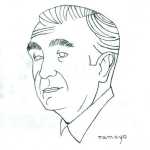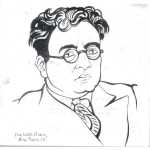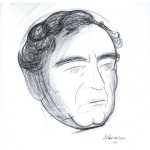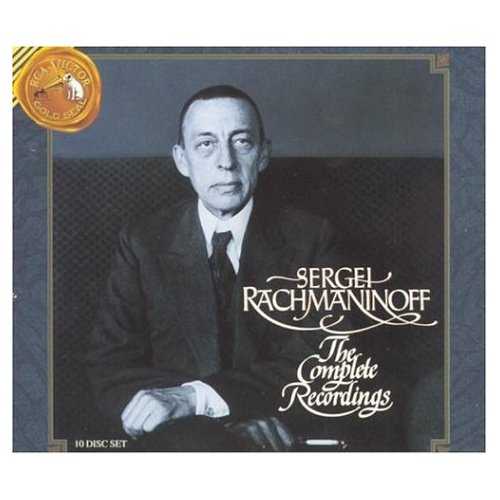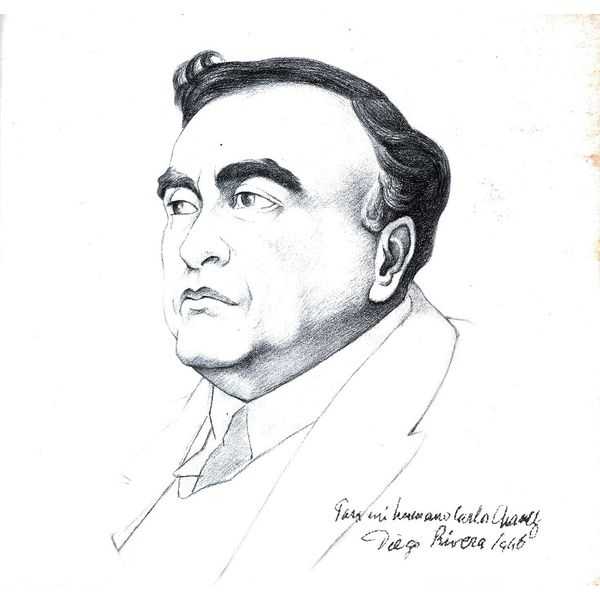
Composer: Carlos Chávez
Performer: Gayle Blankenburg, Amy Wilkins, Stuart Horn, Southwest Chamber Music
Format: FLAC (tracks)
Label: Cambria
Catalogue: CAMCD-8850
Release: 2000
Size: 273 MB
Recovery: +3%
Scan: cover
Invencion I
01. I. Con anima, tempo giusto
02. II. Lento
03. III. Vivo, tempo giusto
Invencion II
04. I. Molto moderato, in tempo giusto
05. II. Molto lento, tempo giusto
06. III. Vivo, in tempo giusto
Invencion III
07. I. Quarter note = 60
08. II. Quarter note = 36
09. III. Quarter note = 152
La hija de Colquide Suite
10. I. Preludio
11. II. Interludio
12. III. Incantamento
13. IV. Sarabanda
14. V. Peana
15. VI. Postludio
16. Upingos
With Carlos Chávez: Complete Chamber Music, Vol. 1, Los Angeles-based group Southwest Chamber Music Society initiates a recording project that promises to deliver all of Carlos Chávez’s chamber music on four discs. Once securely considered the alpha and omega of Mexican classical music, Chávez has lost some of his primacy since his death in 1978. Carlos Chávez: Complete Chamber Music, Vol. 1, helps set the record straight. This initial volume concentrates on a cycle of three multi-movement Inventions dating from 1959 — 1967, Suite for Double Quartet drawn from the ballet The Daughter of Colchis (later Dark Meadow) commissioned by Martha Graham (1942), and a short trifle for solo oboe, Upingos (1957). Inventions, composed for solo piano (originally for William Masselos), string trio, and solo harp, respectively, are solid, expressive, and exuberantly rhythmic works written within a highly dissonant harmonic language. The piece for solo harp, Invention III, is particularly striking and beautifully played here by Amy Wilkins. The Graham ballet suite is splendid, and should be required listening for those who know well the other work she commissioned at this time — Appalachian Spring by Aaron Copland. Chávez’s Suite for double quartet is more bitter in tone than the famous Copland work, but there are such points of similarity that it may be said that Chávez’s score represents the other side of Copland’s coin. Chávez’s music is fabulously well played and recorded here; if the future installments in the series are as good as this, enthusiasts of twentieth century American music really have something to look forward to.
